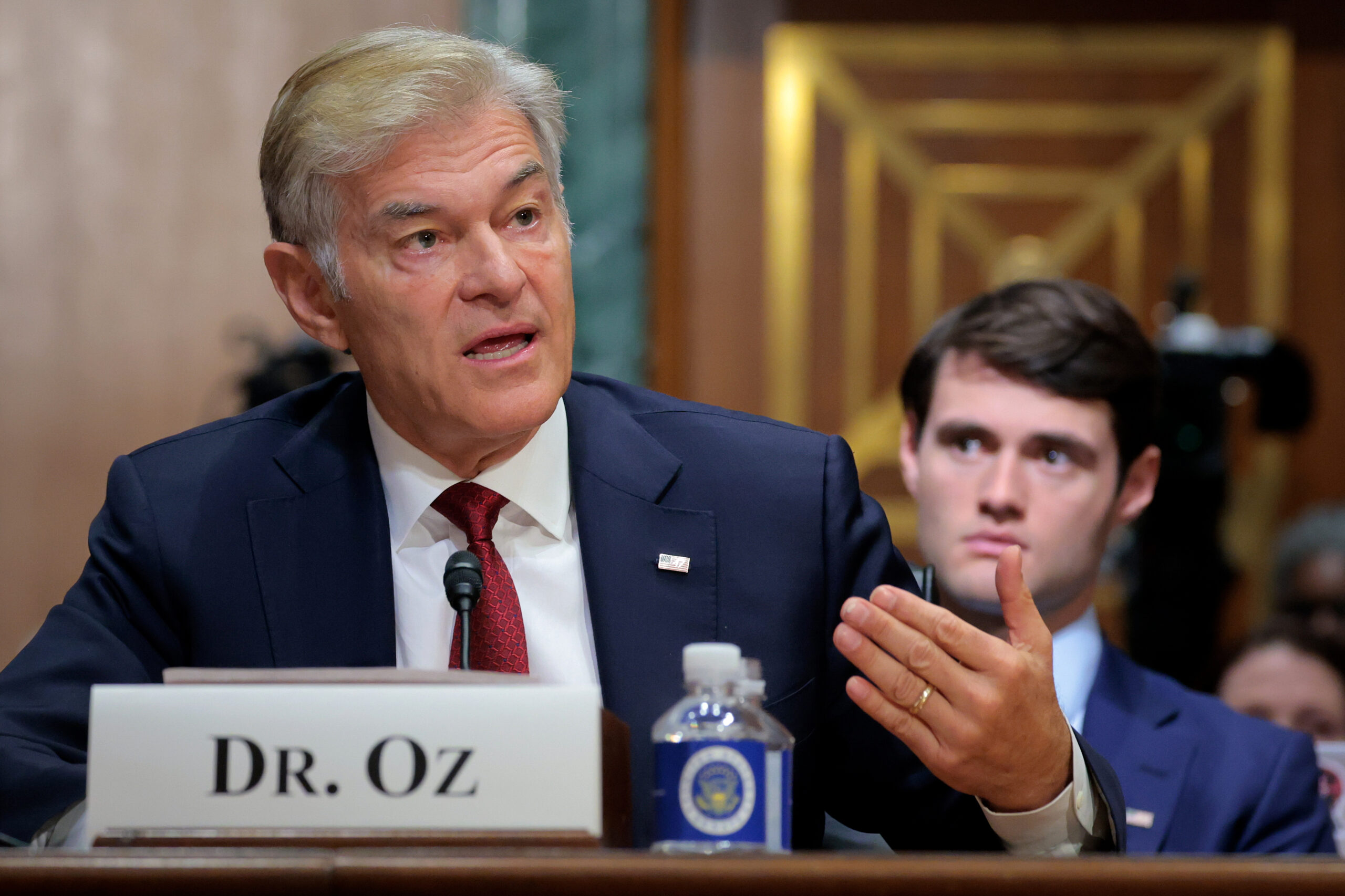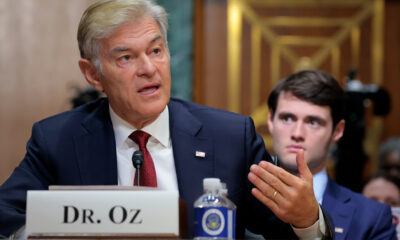Health
Trump Administration Highlights $12 Billion Savings from Medicare Drug Negotiations

The Trump administration has announced that negotiations on drug prices under the Medicare program are projected to save approximately $12 billion over the next decade. This announcement was made by the Centers for Medicare & Medicaid Services (CMS), highlighting the financial impact of the Inflation Reduction Act.
The second phase of drug price negotiations, set to commence in 2027, aims to further lower costs for Medicare beneficiaries. This initiative is part of a broader effort to control prescription drug prices in the United States, which has been a contentious topic in healthcare debates.
Under the provisions of the Inflation Reduction Act, the government plans to negotiate prices for a select number of high-cost medications. This marks a significant shift in policy, allowing federal agencies to directly negotiate drug prices, a move that has garnered both support and criticism.
According to CMS, the anticipated savings will not only benefit the federal budget but also provide relief to millions of Americans reliant on Medicare for their prescription medications. The administration asserts that these negotiations are expected to enhance access to affordable healthcare options for senior citizens.
While the initial phase of negotiations covered only a limited number of drugs, the upcoming second round promises to expand the scope. Details regarding which specific medications will be targeted for negotiations in 2027 have yet to be disclosed, but stakeholders are keenly awaiting further announcements.
Advocates for the initiative argue that allowing the government to negotiate drug prices will lead to significant cost reductions. They believe this approach will help alleviate the financial burden associated with high prescription drug costs, which disproportionately affects vulnerable populations, including the elderly.
Conversely, pharmaceutical companies express concerns that such negotiations could hinder innovation and reduce the incentive to develop new drugs. They argue that price controls may ultimately lead to fewer advancements in medical treatments and therapies.
As the 2027 deadline approaches, discussions surrounding the potential impact of these negotiations will likely intensify. Stakeholders from various sectors, including healthcare providers, patients, and pharmaceutical companies, will continue to engage in debates about the balance between cost savings and the need for ongoing innovation in the industry.
In summary, the announcement from the Trump administration regarding the projected $12 billion savings from Medicare drug price negotiations marks a pivotal moment in U.S. healthcare policy. As the second round of negotiations approaches, the implications of these changes will be closely monitored by all parties involved.
-

 Technology4 months ago
Technology4 months agoDiscover the Top 10 Calorie Counting Apps of 2025
-

 Health2 months ago
Health2 months agoBella Hadid Shares Health Update After Treatment for Lyme Disease
-

 Health3 months ago
Health3 months agoErin Bates Shares Recovery Update Following Sepsis Complications
-

 Technology4 weeks ago
Technology4 weeks agoDiscover 2025’s Top GPUs for Exceptional 4K Gaming Performance
-

 Technology2 months ago
Technology2 months agoElectric Moto Influencer Surronster Arrested in Tijuana
-

 Technology4 months ago
Technology4 months agoDiscover How to Reverse Image Search Using ChatGPT Effortlessly
-

 Technology4 months ago
Technology4 months agoMeta Initiates $60B AI Data Center Expansion, Starting in Ohio
-

 Technology4 months ago
Technology4 months agoRecovering a Suspended TikTok Account: A Step-by-Step Guide
-

 Health4 months ago
Health4 months agoTested: Rab Firewall Mountain Jacket Survives Harsh Conditions
-

 Lifestyle4 months ago
Lifestyle4 months agoBelton Family Reunites After Daughter Survives Hill Country Floods
-

 Technology3 months ago
Technology3 months agoUncovering the Top Five Most Challenging Motorcycles to Ride
-

 Technology4 months ago
Technology4 months agoHarmonic Launches AI Chatbot App to Transform Mathematical Reasoning



















